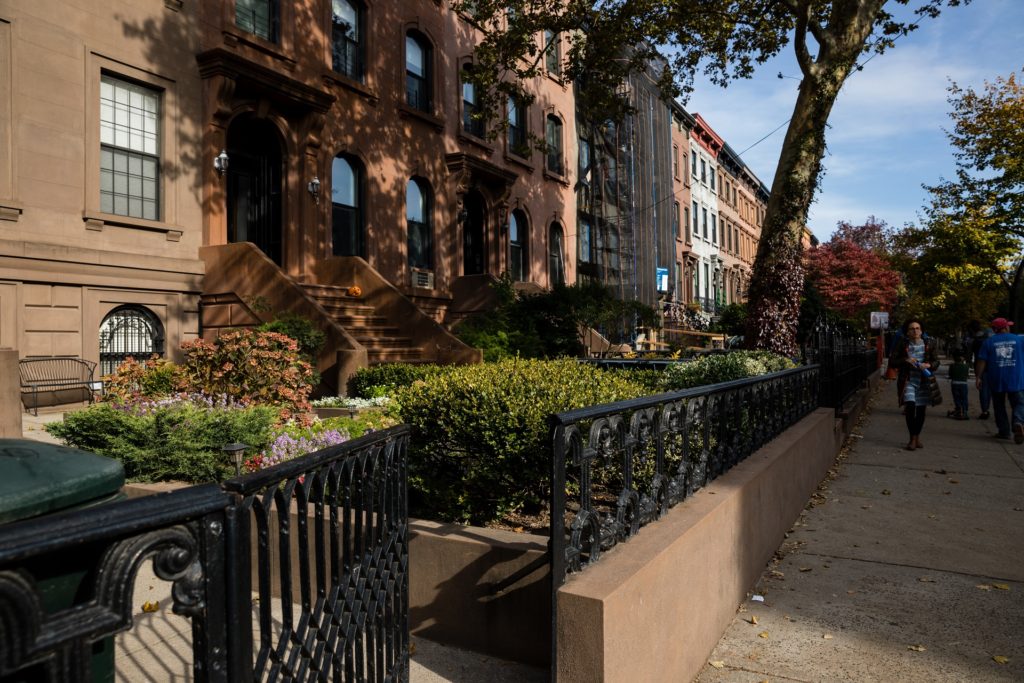`Little Opera’ film debuts; Caruso often frequented Carroll Gardens, Red Hook
The evening of Jan. 30 was a special one at the DiMenna Performing Arts Center, located at 450 West 37th St. in Manhattan. It was founded by Italian-American financier and philanthropist Joseph DiMenna and opened in 2011.
“Little Opera,” a documentary film, directed by Louis Wallecan and produced by Bel Air Media and France Television, is about four Italian-American families: the Coppolas, Marianis, Amatos and Alagnas, all who migrated from southern Italy and brought their love of music and opera to these shores.
Renowned Sicilian French Metropolitan Opera (Met) tenor Roberto Alagna, in the film, eloquently describes an uncle who settled in “Little Italy” and with the use of family photographs describes how opera and music kept the family afloat in the struggle for acceptance. Scenes of Roberto Alagna as Canio made vivid visceral impact.
The late Anthony Amato described his long career as founder and impresario of the Amato Opera. He was seen with his beloved wife Sally in their miniature opera house in the Bowery.
